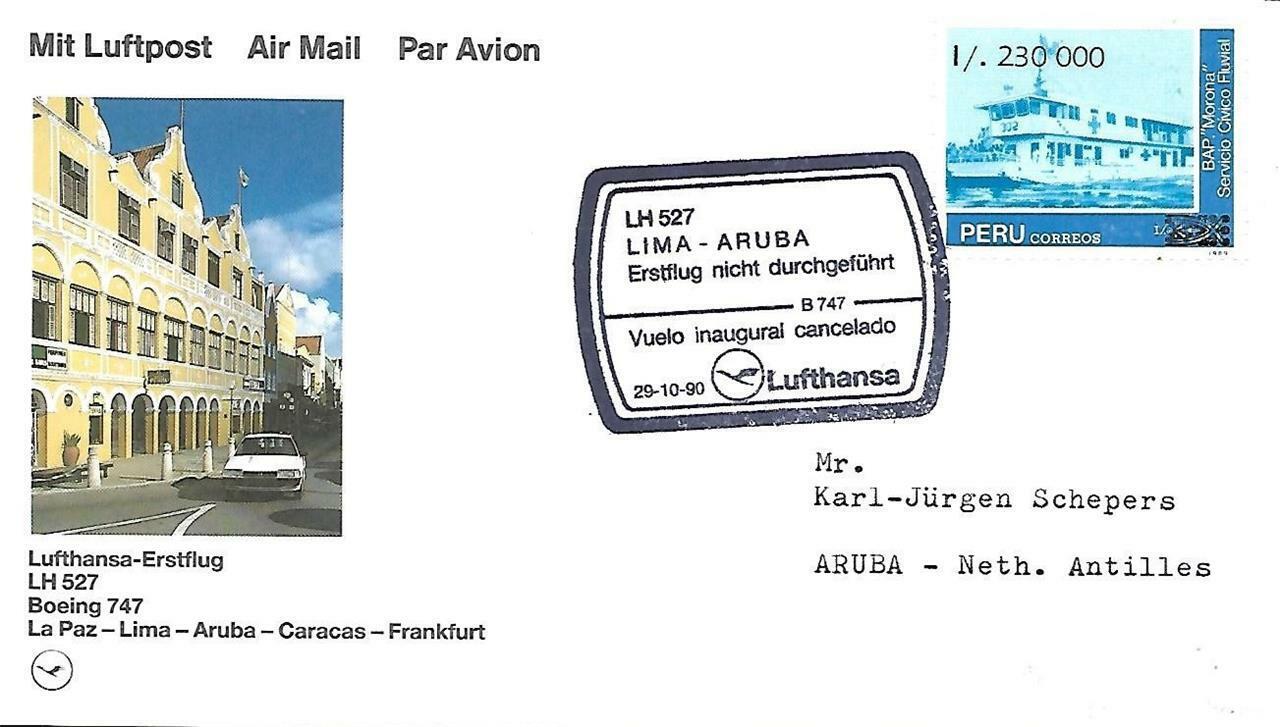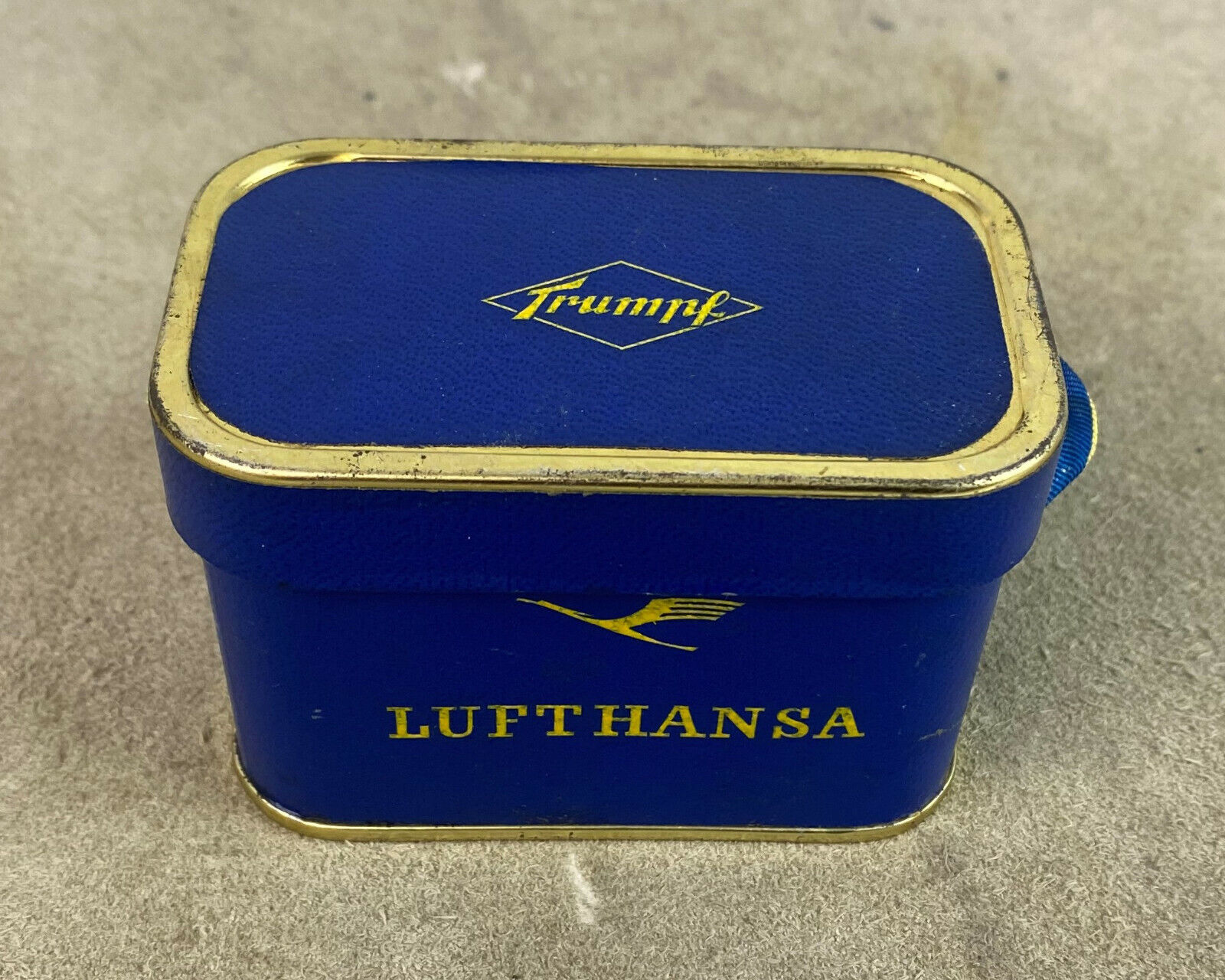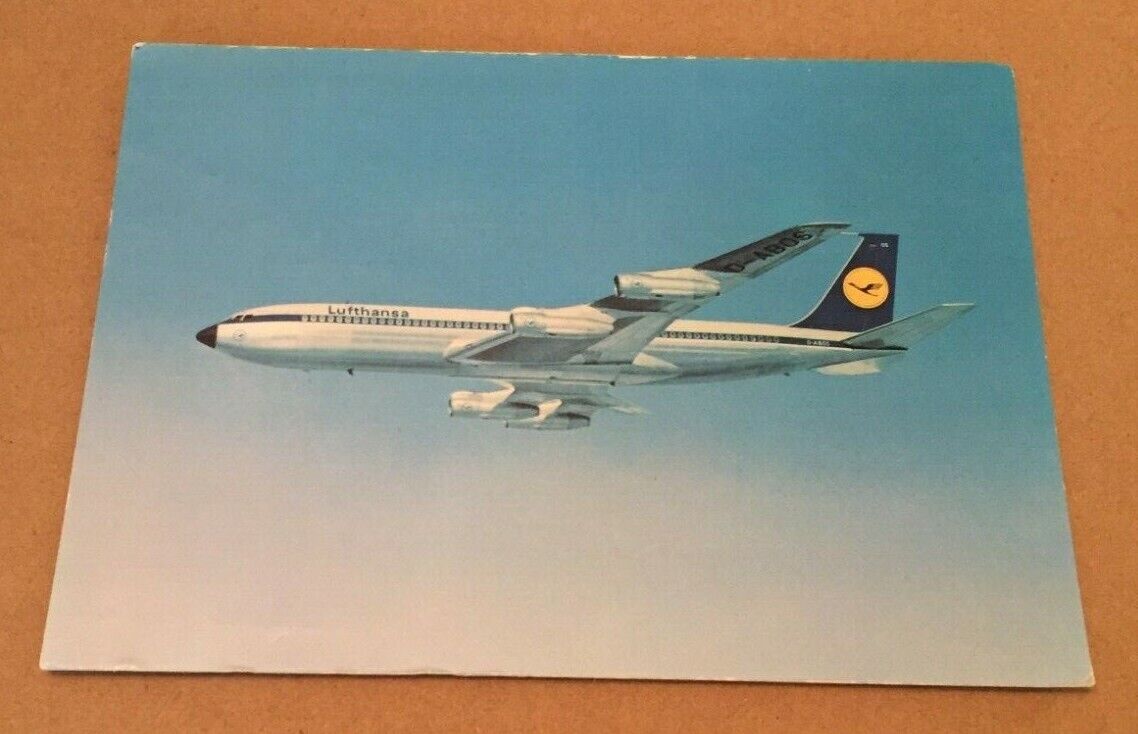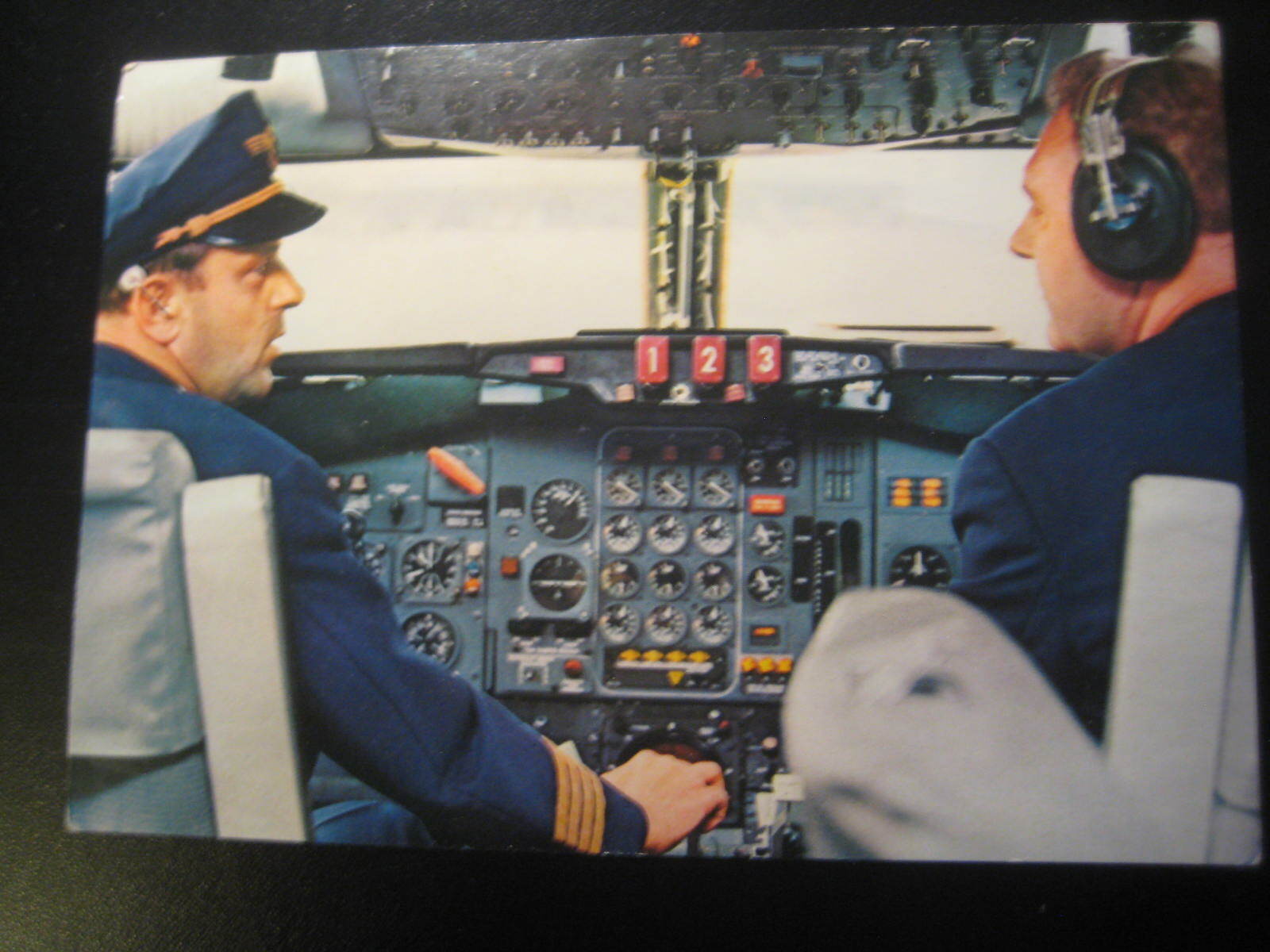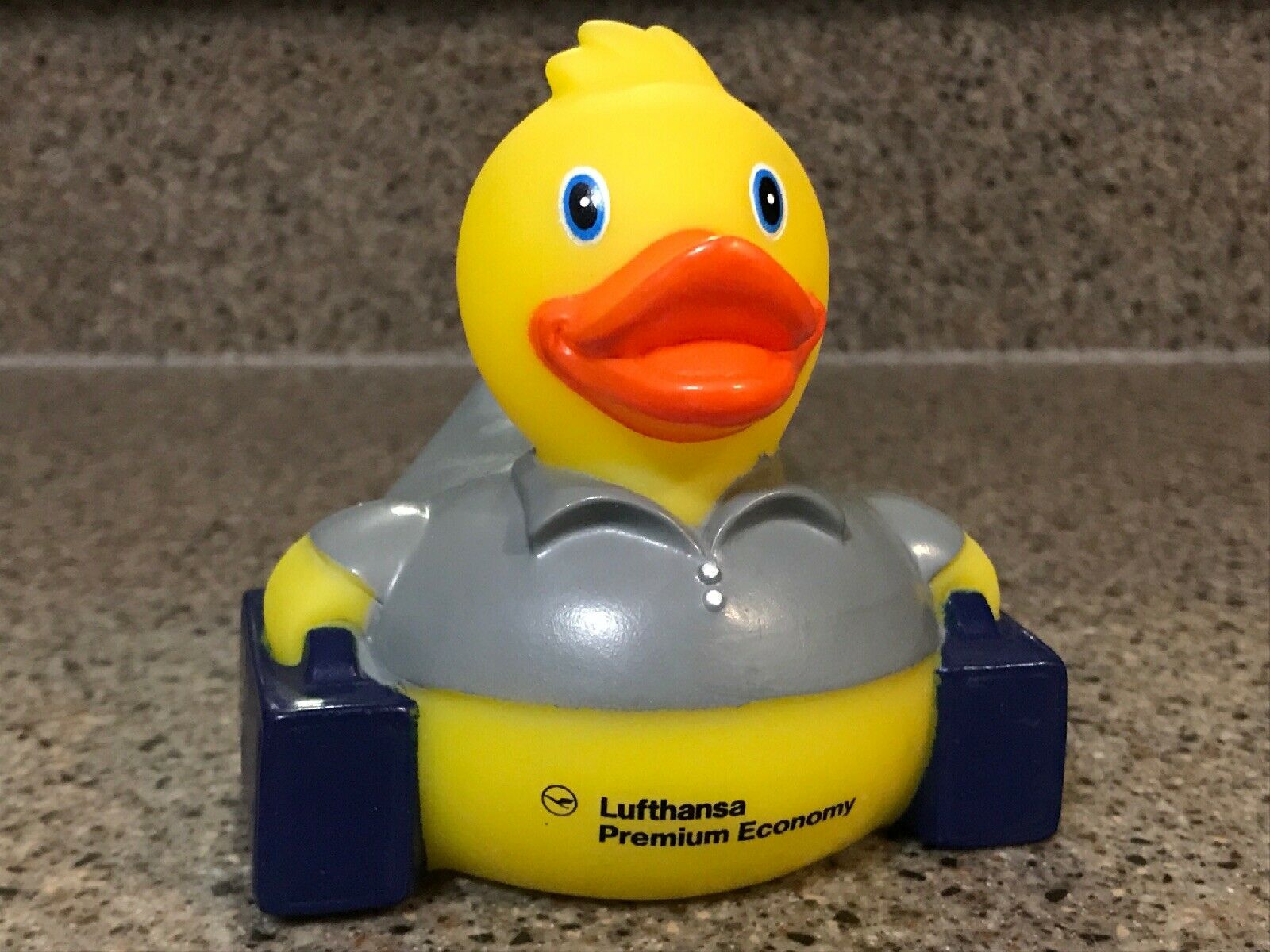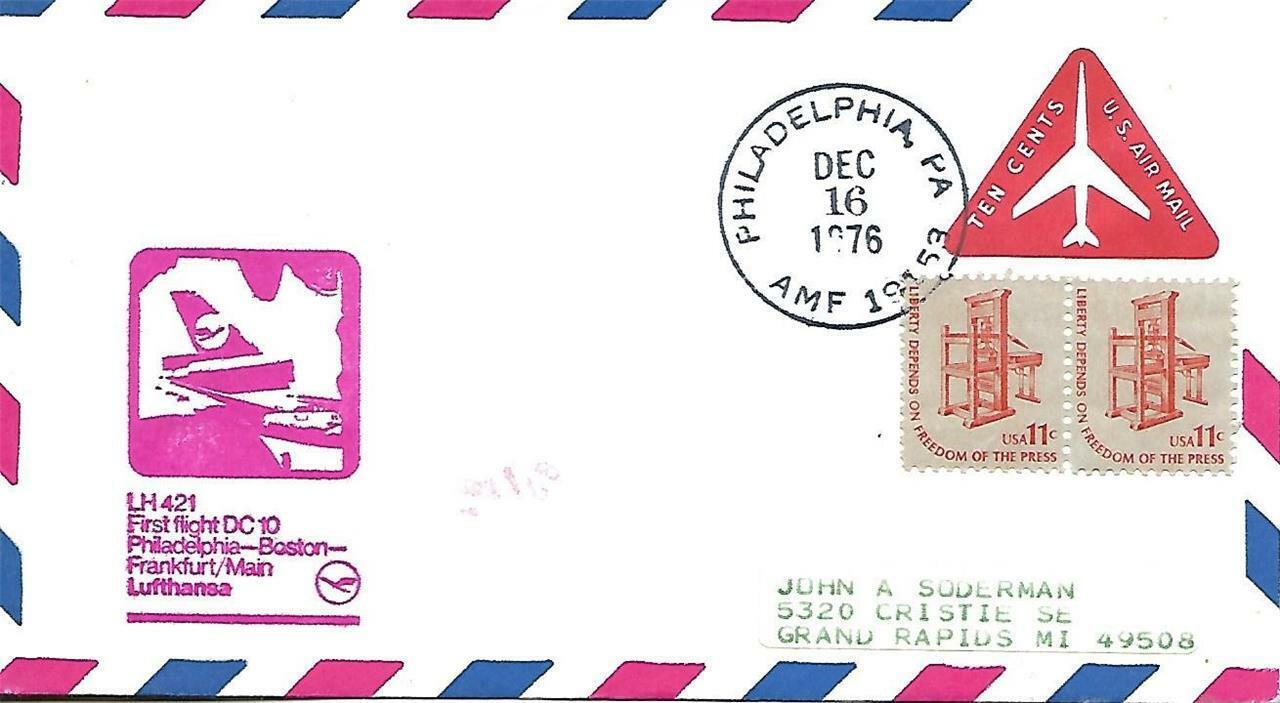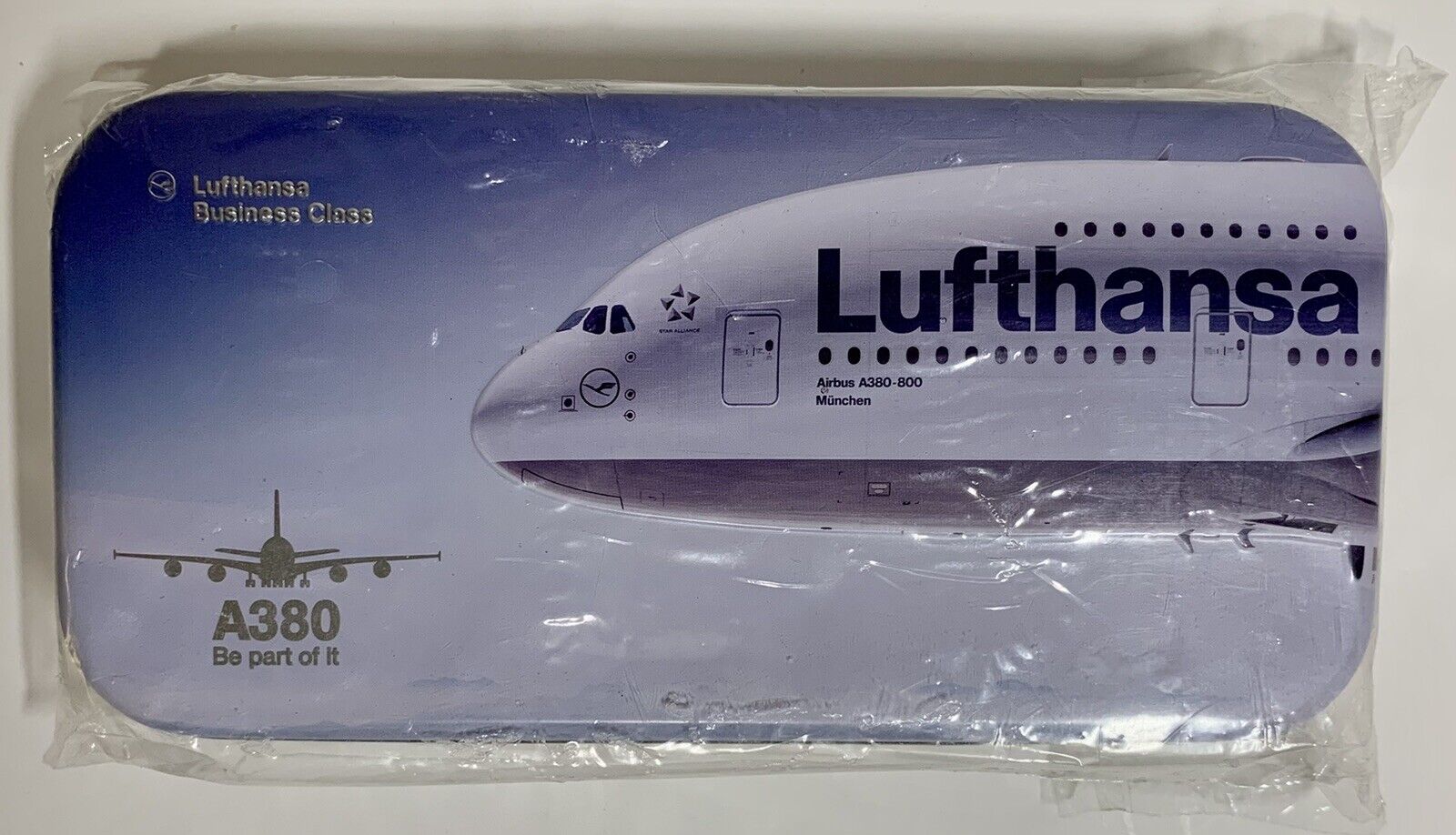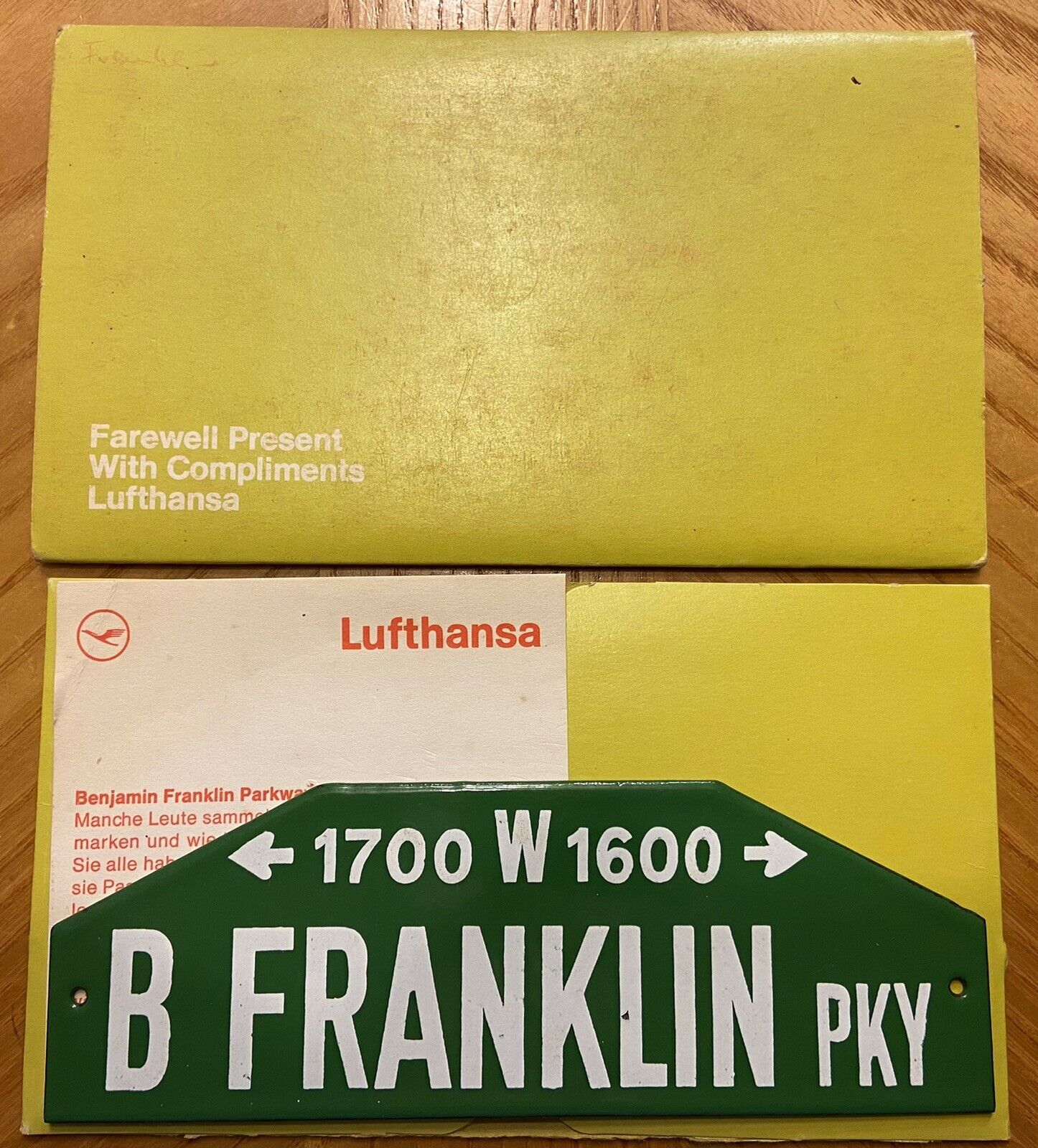-40%
2000 AUSTRIAN Airlines AIRBUS A340 SAFETY CARD airways AUSTRIA
$ 7.38
- Description
- Size Guide
Description
AUSTRIAN AIRLINES2000 Airbus A340 widebody safety card
VERY GOOD+++ condition, as shown.
Shows no code/reference number. Dated
APRIL, 2000
.
Measures 11.5 INCHES X 8.0 INCHES. Card-style, with front and back sides.
Card will be packaged in plastic and placed between two pieces of cardboard for protection while in transit. USPS Priority Mail shipping is available at the applicable rates upon request and I do combine shipping on multiple purchases. If you have any questions, please ask.
Austrian Airlines AG, sometimes shortened to Austrian, is the flag carrier of Austria and a subsidiary of the Lufthansa Group. The airline is headquartered on the grounds of Vienna International Airport in Schwechat where it also maintains its hub. As of July 2016, the airline flew to six domestic and more than 120 international year-round and seasonal destinations in 55 countries and is a member of the Star Alliance.
The airline was formed in 1957 by the merger of Air Austria and Austrian Airways, but traces its history back to 1923 at the founding of Austrian Airways. Throughout much of the company's existence, it was a state-owned entity. On 31 March 1958, the airline performed its scheduled service, flying a leased Vickers Viscount from Vienna to Zurich and London; it subsequently purchased its own Viscount fleet. On 18 February 1963, Austrian ordered its first jet-powered airliner, the Sud Aviation Caravelle. It subsequently introduced various models and derivatives of the Douglas DC-9 jetliner; by the end of 1971, Austrian was an all-jet operator. During the 1980s, it introduced the DC-9-80, otherwise known as the McDonnell Douglas MD-80, to its fleet. Various airliners produced by Airbus, Boeing, Fokker and other manufacturers were introduced across the 1980s and 1990s.
Throughout the 1990s, the airline sought out new strategic alliances, as well to expand its presence in the long-haul market, launching new services to China and South Africa. In 2000, Austrian became a member of Star Alliance; a few years prior, it had also joined the Qualiflyer Group. During the 2000s, the airline expanded through the acquisitions of Rheintalflug and Lauda Air and adopted the shortened Austrian name in 2003. Throughout the 2000s, Austrian sustained several years of losses; during 2008, the airline's then-owner, the Austrian government, was advised to privatize Austrian via its sale to a foreign company. During 2009, the Lufthansa Group purchased Austrian after receiving approval from the European Commission following an investigation into the tendering process.
Following its privatization, both fleet expansion and cost-saving initiatives were enacted as the business was restructured; visible changes included route alterations, a new corporate design, and a revised aircraft livery. Following labor disputes over several of the cost cutting measures, all Austrian Airlines' flights were transferred on 1 July 2012 to its subsidiary, Tyrolean Airways, which operated under the Austrian name. On 1 April 2015, after a new labor agreement had been reached, all flights transferred back to Austrian, and Tyrolean Airways was merged into its parent. During the late 2010s, restructuring of both its fleet and route network continued. On 17 March 2020, the airline temporarily suspended operations as a result of the global pandemic.


